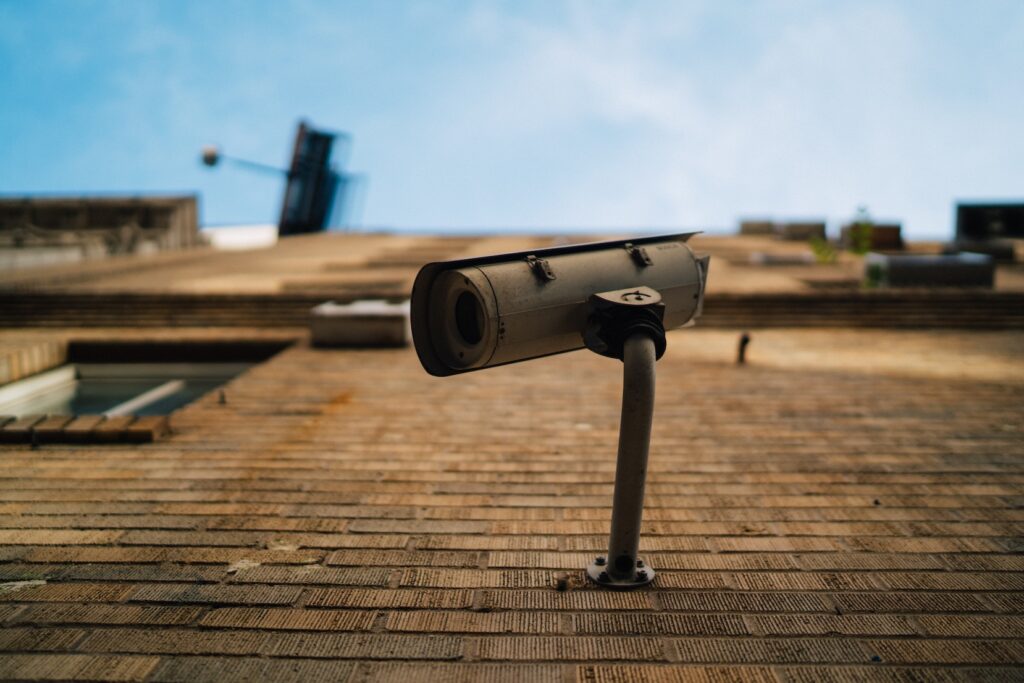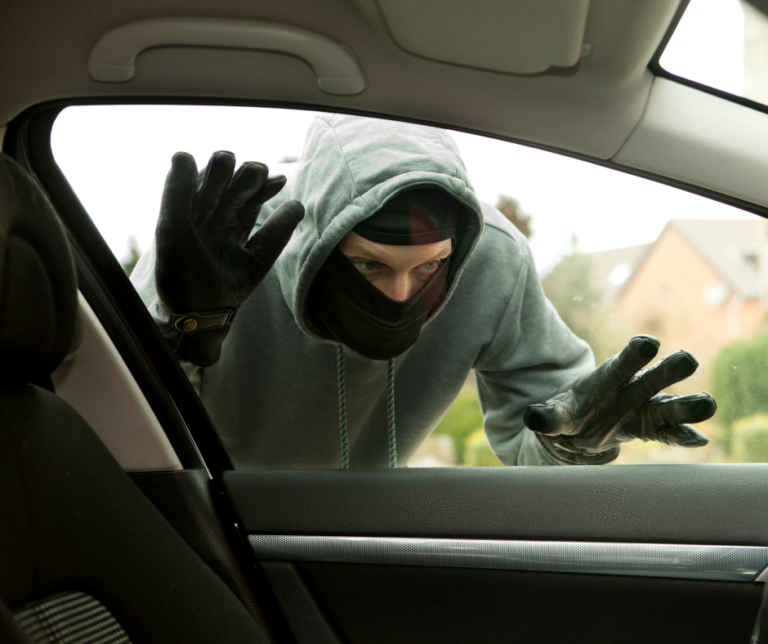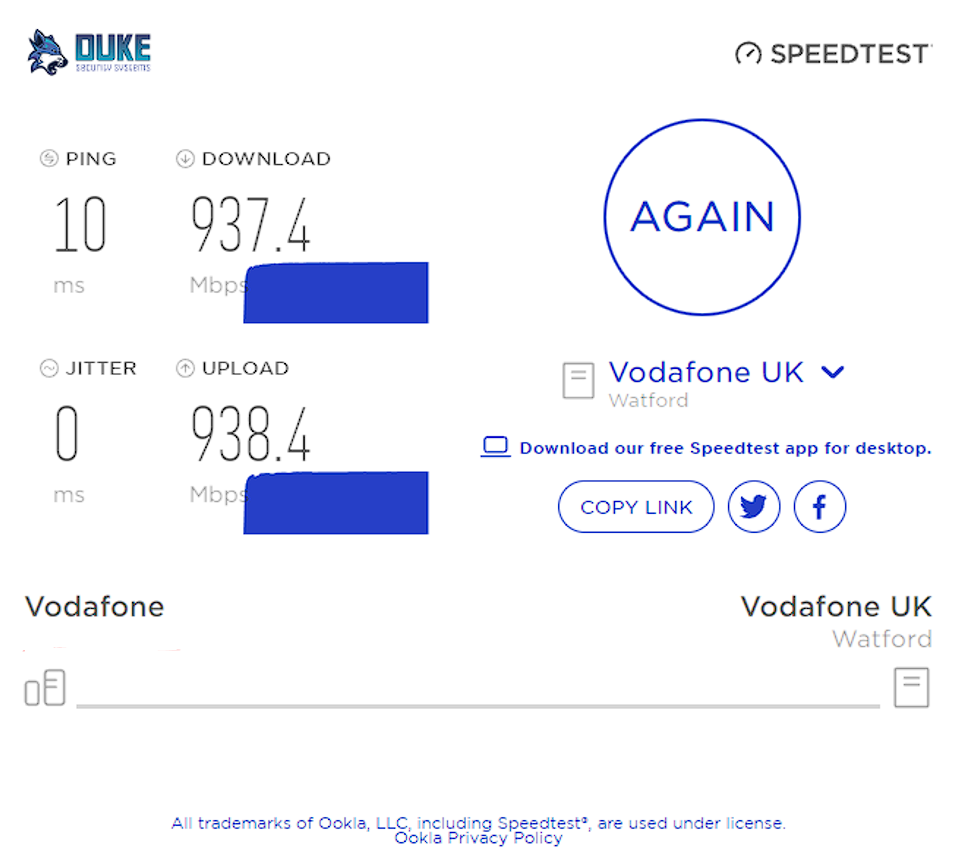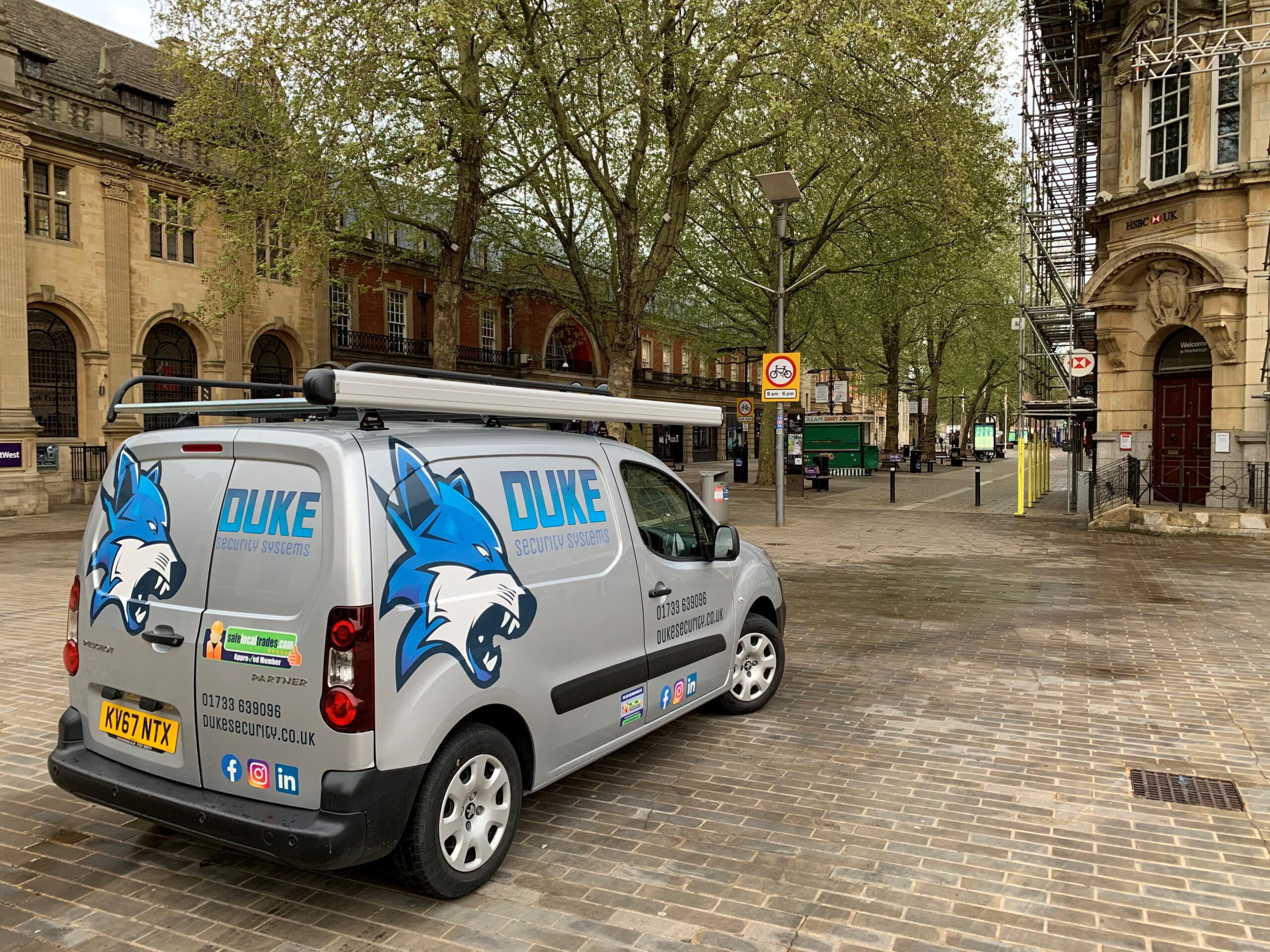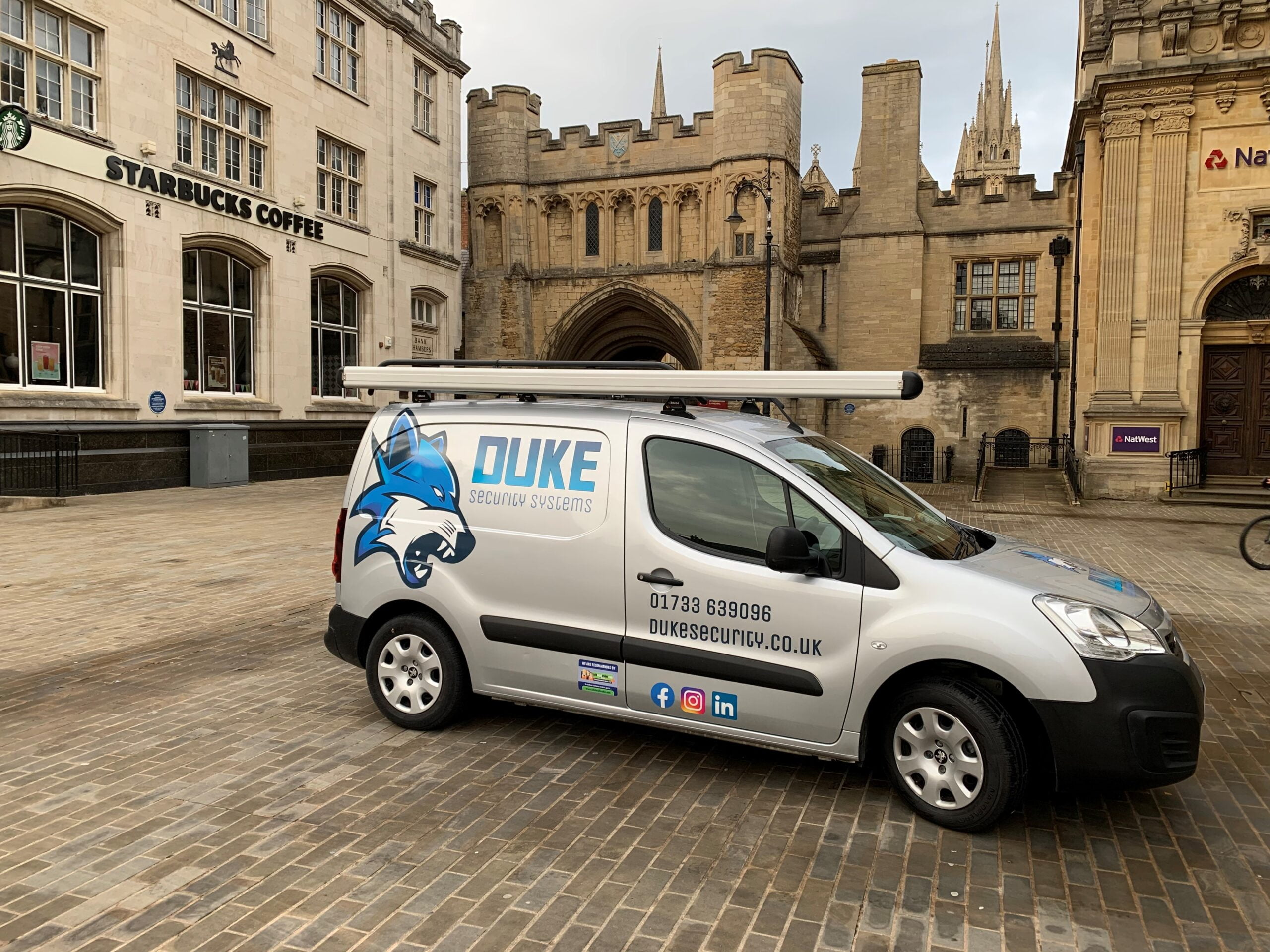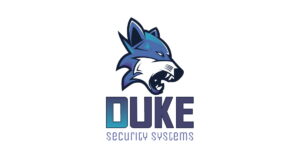In the UK, all citizens and business have the right to protect their property against crime. For most, a core component to their security is CCTV. It can deter crime and can aid the identification and prosecution of any would-be offenders.
CCTV has been commonplace across our streets for the past 30 years. With the increasing rise in residential CCTV systems, knowing what you can and can’t record is becoming ever more critical.
Although it may seem reasonable to use passive controls such as CCTV to protect your home or business, complaints from neighbours and the general public are rising. These complaints usually allege that the owner of the CCTV has infringed their right to privacy.
Whether or not the claims are substantiated, the use of CCTV is governed by the Data Protection Act and breaching it can leave you liable in a civil court.
Here is our guide to ensure you and your CCTV system is both effective and practical:
Use an installer
Top tip no1, use a CCTV installer. Any reputable company will spend time understanding the assets you are trying to protect, your property’s limitations, and recommend a compliant solution. A local business directory such as safelocaltrades.com should be your first call.
Your property
When installing CCTV, try to limit the captured image to your property. If this cannot be achieved, use a privacy mask in the DVR/NVR settings to restrict the view.
If your CCTV system captures images outside of your property, you become the data controller and become subject to the Data Protection Act.
Your responsibility
CCTV should only be used for the purpose that it is intended; protecting your home or business. Uploading clips of your neighbours falling over on the street is a big no-no.
Storing Images
Ensure the time and date settings on your system is always correct. If it is not, the footage may be dismissible in a court of law.
Ensure your images are safe and secure. A stolen hard drive with pictures of the public may leave you liable in a court of law. It is also common for criminals to actively seek out the NVR / DVR when committing burglary to destroy evidence.
Be transparent
Finally, be transparent about your CCTV system. A simple “CCTV in operation” sign not only adds to the deterrent but also complies with your duty to inform others they are being captured on CCTV.
If you are considering CCTV for your property or business, take a look at our fixed priced packages. Alternatively, if you have any question or about this article or want to know more, you can contact us here.

